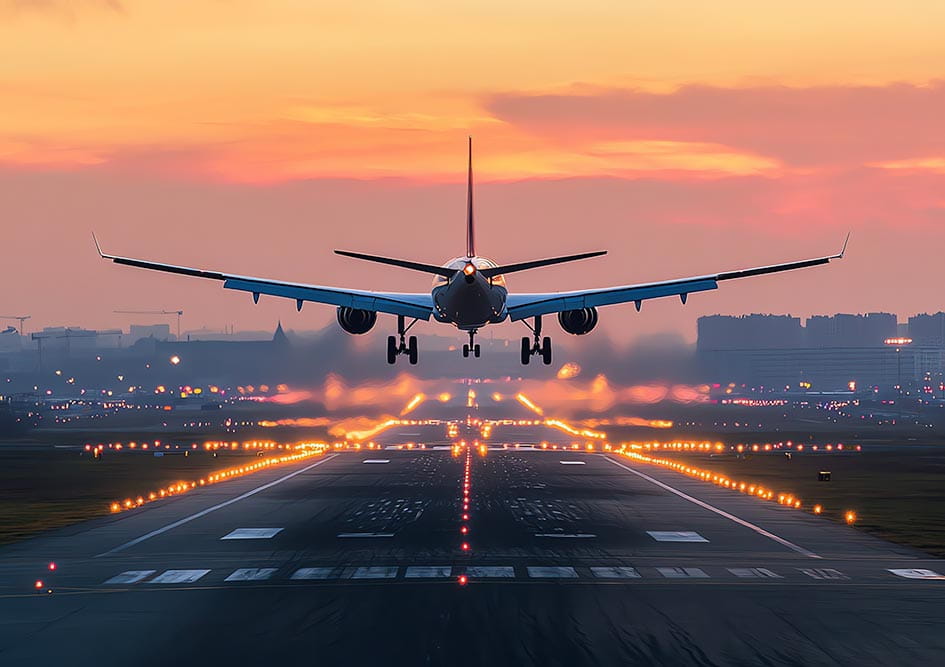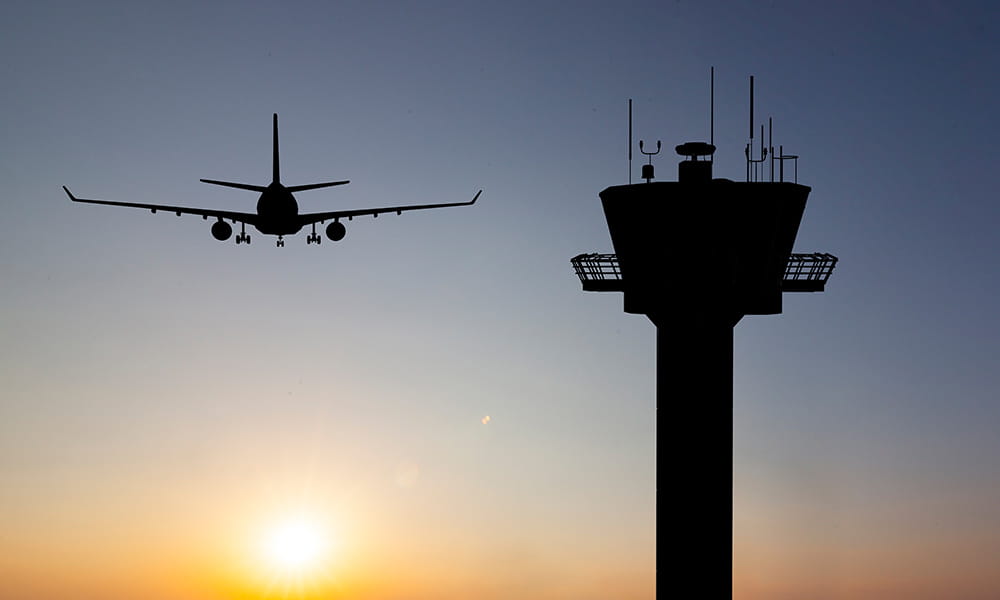Protect U.S. Workers in International Aviation Agreements


Unfair business practices by foreign carriers undermine the stability of the U.S. airline industry, put aviation safety at risk, and disadvantage American workers.
Unfair Business Practices Threaten U.S. Airlines
For decades, the United States has pursued Open Skies agreements to increase market access for carriers, employees, passengers, and shippers. These agreements create fair and equal opportunities for all countries to compete, establishing a mutually beneficial marketplace where foreign carriers gain access to the U.S. market while U.S. carriers gain access to theirs, creating more jobs for all. However, some foreign airlines have adopted unfair business practices that undermine competition, weaken aviation safety, and threaten U.S. pilot jobs.
If left unchecked, these practices will disrupt labor relations, aviation safety, and the stability of the domestic airline industry. The U.S. government must enforce fair competition and prevent job-killing business models from taking root.
Key Issues Impacting Fair Competition
These unfair business practices threaten U.S. airlines and weaken global aviation safety standards:
- Flag-of-convenience airlines register in countries with weak labor and safety laws to cut costs.
- Atypical employment models misclassify pilots as independent contractors, undermining job security and safety reporting.
- Regulatory gaps allow unfair competition, putting U.S. airlines and workers at a disadvantage.
Congress and regulators must protect U.S. airline jobs and ensure a fair marketplace.
Global Competition FAQ

Flags of Convenience: A Race to the Bottom
For more than a decade ALPA has fended off "flag of convenience" airlines from spreading in the U.S. These foreign carriers typically structure their operations in atypical ways and "forum shop" for the lowest wage, regulatory, or tax laws. These practices, if allowed to continue, will undermine the stability of the U.S. airline industry, aviation safety, and cost U.S. jobs.
International aviation should not be a race to the bottom for worker wages and benefits, and the U.S. should do more to promote and protect U.S. airline workers and U.S. airlines. The U.S. Department of Transportation should prioritize U.S. workers as part of the standard public-interest analysis when evaluating foreign and domestic airline certification and joint ventures between air carriers.
News & Insights

Annonce des premières récipiendaires de la bourse Commandante-Christina-Thomson de l’ALPA
First Recipients of the Captain Christina Thomson ALPA Scholarship Announced
ALPA Endorses No Tax on Overtime for All Workers Act
FedEx Pilots Hold Demonstration Before Top Investors
JetBlue Pilots Re-Elect Leadership as Contract Negotiations Continue
We Advocate for Pilots
Learn more about key issues and how you can support our mission.







